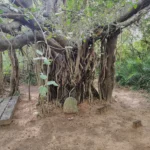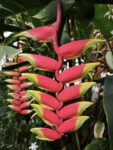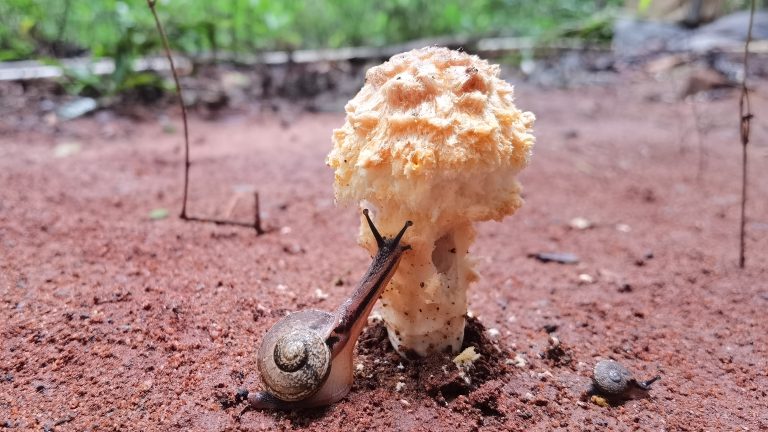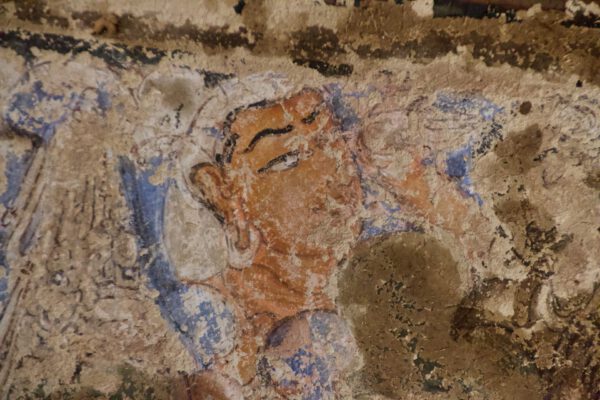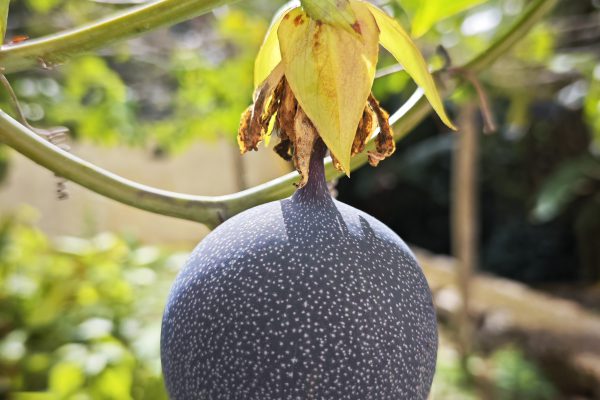Ean apple, a strawberry, a melon or a passion fruit, a banana or a plum, a tomato or a cucumber, a bean or a grain, a coconut and a pomegranate. Fruit wants to be eaten, it wants to give pleasure, nourish and sometimes intoxicate. They shimmer and ferment, decompose and exude fragrances, they catch the eye, beguile the senses, create pleasure and enjoyment.
They are not like that by chance. Fruits reflect a desire of those who eat them: Humans, horses, monkeys, ants, beetles, birds, fish, hedgehogs, dogs and cats, snails, spiders, snakes, flies, giraffes and parrots. They all react to different fruits. Some fruits have a hard shell, some are very soft. Some are heavy and large, others small and light. Some are sweet or sour, bitter or salty, smell intense or very delicate, stink or beguile.
Fruits want to be eaten, so they move on. An apple says: take me with you, a strawberry wants to melt in your mouth, a passion fruit offers itself in its voluptuousness, tenderness and intensity, a coconut wants to be cracked, thrown and crushed in order to offer its flesh and juice as refreshment to feast on. The bean hangs and waits, the grain gets caught in the fur, the tomato bursts cheekily in its redness, scarred, and nestles into the hand that grasps it.
The fruit and the animal unite in pleasure, in devotion and in the search. The reward takes place in the ecstasy of consumption, the fruit reaches its goal, the animal is satisfied, the ecstasy and intoxication flare up in consumption. At the end there is the shitting, the mushrooms break apart, which did not surrender to the senses as a stimulus in the fire of pleasure.
These berries, drupes, legumes, pseudo-fruits and caryopses are preceded by the flower. That fragrant, attractive organ of the plant that can be desired and inseminated. Its face speaks, it laughs and opens up, it joins the ranks of the wreath. Here nature achieves pure form, art and beauty, construction, dwelling and resting place. Nature sends a signal, it communicates, it acts in abundance and intoxication.
I read Georges Bataille (1897-1962) many years ago and it came to mind when I wrote this. It could be said that these fruits are not merely food, but manifestations of abundance itself, in which beauty, pleasure, decay and excrement are inextricably intertwined. As Bataille saw it, nature wants to be wasted in intoxication, it finds its truth in waste, in ecstasy and transgression. Every fruit that we enjoy thus already carries within it the movement of life, death and transgression.
